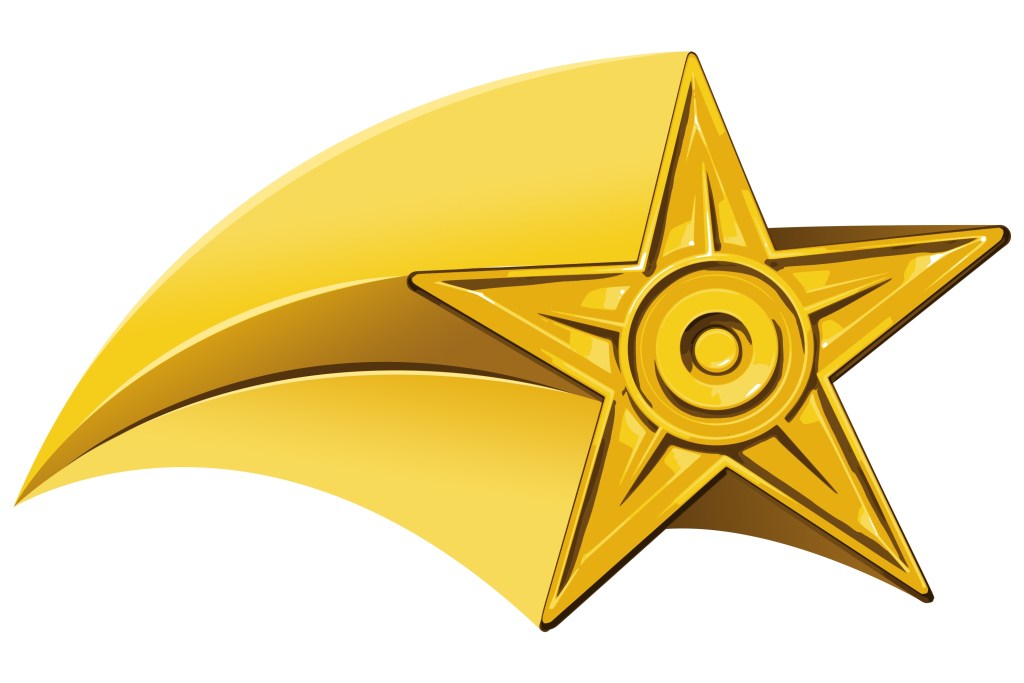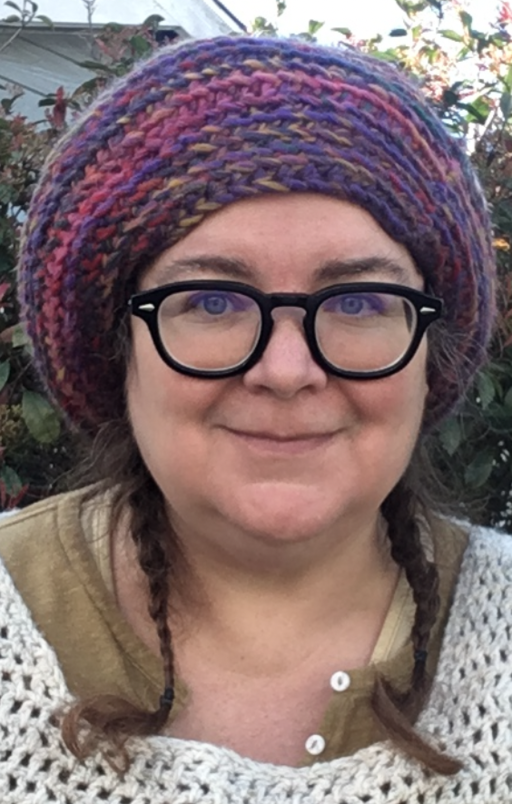We are the largest open, collaborative ecosystem of projects in history and we exist because of the contributions of countless volunteers over more than twenty years. Here is a lightweight, collaborative way to celebrate them.
Wikimedia is a living, digital repository of information, media, and knowledge, and we wouldn’t be here without thousands of Wikimedians. Piece by piece, they – you – have been building the puzzle striving to capture the sum of all human knowledge, and it grows everyday … OK, sometimes it shrinks when your article is deleted for lacking verifiable sources or that photo you loved infringed on copyrights, but to acknowledge the incredible achievements of the Wikimedia movement, we have decades worth of people to celebrate and here is one attempt to do that!

Introducing WikiCelebrate – an initiative to celebrate exceptional Wikimedians
Each month we will celebrate a different Wikimedian, acknowledging the great people that have contributed so much to bringing us to where we are today, and the thousands that continue to do so. This recognition is as important as our passion for facts, sources, copyleft images, lists, tables, and tables and lists of lists.
Celebrated Wikimedians are the cornerstones and the pillars of our movement, holding up entire spans of the movement on their own, adding a bit of mortar here, smoothing a bit of paint there. Wikimedians that inspire and support others, trusted project leaders, seasoned functionaries, or the everyday fixers.
The Movement Communication team is kicking this off and we’d love to collaborate with you – community groups and other teams at the Foundation – to celebrate more. We warmly invite you to write about the people celebrated each month. If you know them, share some love. If there’s an outstanding Wikimedian that you think should be celebrated, recommend them. We will also ask each Celebrated Wikimedian to nominate other community members. What’s a celebration without inviting others?
And without further ado, we kick off WikiCelebrate with:
Penny Richards!
Finding joy in what she contributes to Wikimedia and how she accomplishes that is fundamental for Penny Richards (userpage). Penny loves that she can make connections with folks around the world and join efforts with a large global project like Wikipedia all the while from home and in her pajamas.
“It’s a chance to use my research and writing skills every day. I don’t have an academic job and I don’t have space in my life for a big independent research project right now, but a daily biography is manageable and satisfying. My usual project on Wikipedia is WikiProject Women in Red; that’s where I put most of my energy and find most of my community.”
Leafing her way through history
Penny has a passion for learning about people and leafing through old newspapers, yearbooks and journals. Naturally, biographies comprise a large part of her contributions to Wikimedia. Penny tries to edit an article a day, most days–whether to create anew, improve or add images. She also shares her own and the work of her community on other platforms, like Pinterest, Twitter, and more recently, Mastodon. The portrait of Alberta Virginia Scott is one of her favourites and she loves to do justice to the stories behind such powerful photos.
“I have loved biographical dictionaries forever–my grandmother had Webster’s Biographical Dictionary, and I liked looking at all the names and stories in it, even as a kid. When I was teaching school, I’d have students write short biographies, for example about women in the French Revolution.”
Encouraged by Wikimedian Cliotropic, Penny started her Wikimedia account in 2011. Even when historical sources are incomplete, she believes in using whatever is available (and reliable), and is grateful to the Wikipedia Library for that. However, this isn’t just a problem of the past. The inequalities in available resources are very much alive today. Penny dares us to “imagine a media landscape where, instead of constant celebrity updates, there’d be abundant, accessible, and informative articles in local and national outlets about what engineers or microbiologists are doing, or poets, educators, nurses, or archaeologists. If we had more diverse news stories and magazine articles, we’d have the secondary sources for a wider range of Wikipedia articles too.”
Penny also likes to contribute to WikiQuote as a way to represent more voices and add more accurate sourcing for them. Penny shares a quote about Florence Foster Jenkins who, like her, was from Pennsylvania: “Critics have long wondered whether Coloratura Jenkins’ art can be described as singing at all. But she will intrepidly attack any aria, scale its altitudes in great swoops and hoots, assaying its descending trills with the vigor of a maudlin cuckoo.” (Time magazine, November 2, 1942)
Connections around the world
If she’s not working on something for WikiProject Women in Red, she might be supporting WikiProject Disability or the Los Angeles group. Making connections is another encouragement for Penny to keep contributing. The social side of Wikimedia is integral to our existence, whether participating in a project or edit-a-thon or engaging in civil discourse online to improve articles, and it can reverberate far beyond. Penny was working on an article about a Paris-based dancer, Nyota Inyoka (1896-1971), and had mentioned that the Getty Institute had videotape of her dancing, with a link to their catalog record. A dance historian in France contacted her, excited to learn this, and wondered if Penny could help her see this video. A few emails later, the historian in France was viewing moving images of her research subject. That made Penny happy.
Everyone can share in the sum of all human knowledge and Penny recommends newcomers to start small. “If you enjoy learning about, say, Canadian writers, maybe don’t start with editing the actual article titled “Canadian literature,” Penny says. “Instead, look for an article about a writer or a genre that you can improve, make small edits at first, learn something new each time. When you’re feeling comfortable, try starting an article about a writer or a book that’s on a “redlist” (so you know at least one other editor thinks it might be a good topic!).” Penny even recommends editing about topics one is somewhat unfamiliar with, to truly rely on sources and learn something new in the process. “As a bonus,” Penny says, “if you’re not too attached to your edits, it won’t feel personal if/when they get deleted or changed.”
Weaving the web of Wikimedia
For Penny, pressing publish on a new article is only halfway done, it’s a whole other beginning. That’s the time to weave the new information into the fabric of Wikipedia by creating links, adding the article to appropriate lists, and connecting with related projects. Watching changes happen to an article can help one learn too. Asking for help is another and Penny believes in it. There are many ways to make connections with others inside and outside the movement by contributing. Gardening is a metaphor used sometimes in relation to contributing to Wikimedia. For many, pruning and trimming their articles or watching them blossom and grow is the joy of it all.
“Small contributions add up. You don’t have to learn everything before you jump in. It’s not “all done already.” There’s a lot of community to be found, by joining a WikiProject or an edit-a-thon, and working towards a goal together with other editors all over the world.”
Learn more about WikiCelebrate and Penny Richards, share some love, and nominate others.

Can you help us translate this article?
In order for this article to reach as many people as possible we would like your help. Can you translate this article to get the message out?
Start translation
